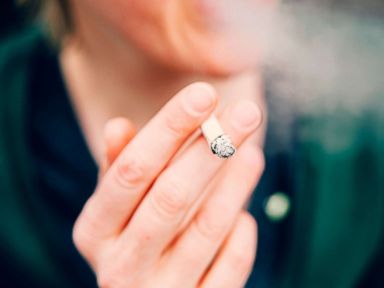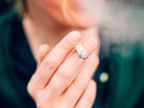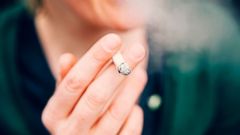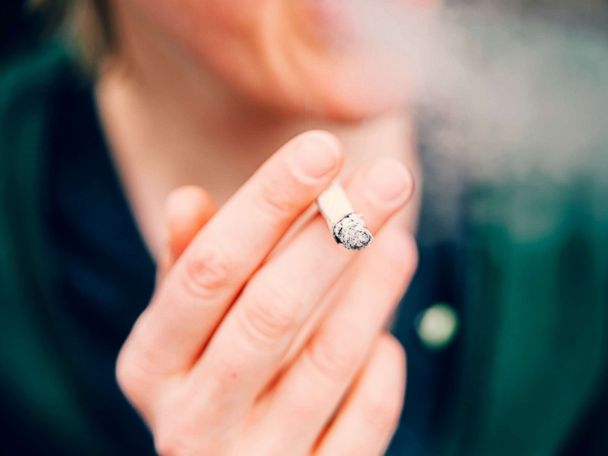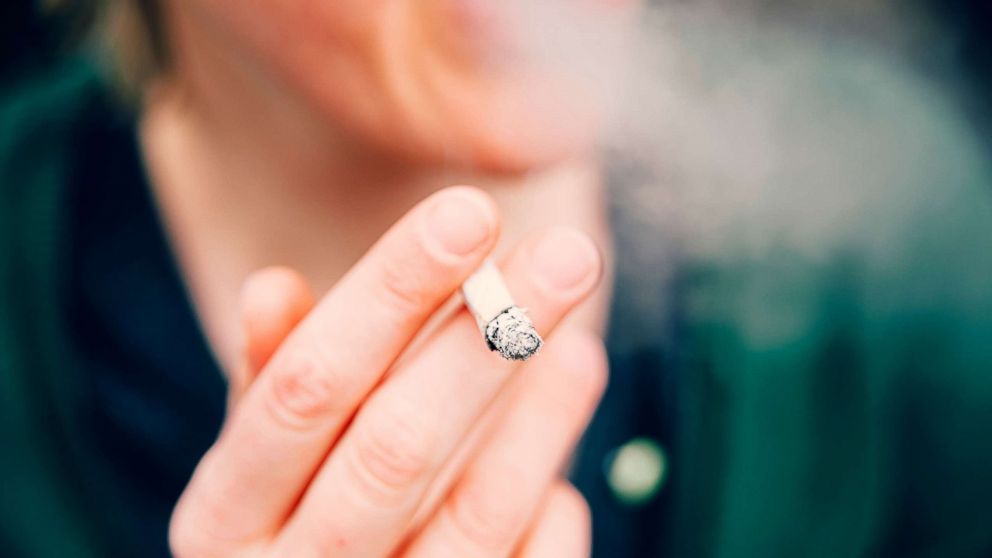
More than 1.1 billion adults worldwide smoke cigarettes and, though laws that limit public and workplace smoking are lessening the amount of exposure to the public, an estimated 9.6 million U.S. adolescents are exposed to tobacco smoke, according to the Center for Disease Control and Prevention.
Since the 1960s, researchers have been looking at the health effects of secondhand smoking and have linked this exposure with an increased likelihood of getting ear infections, lung infections and even contributing to poor lung development in small children.
Additional research has demonstrated secondhand smoke exposure in children both increases the likelihood of suffering from asthma and worsens the severity of it in children afflicted by this condition.
Researchers from the University of Cincinnati wanted to understand the effects of secondhand smoke in otherwise healthy teenagers whose lungs are fully developed and who should be past the stage of frequent colds and ear infections.
“There was a [lack] of information about how [secondhand smoke] affects adolescents [without asthma], so we decided to look into this specific group of people,” Dr. Ashley Merianos, lead author for the study, told ABC News.
Merianos and her team reviewed information from 7,300 non-smoking teens ages 12 to 17 without asthma from the 2017 U.S. Department of Health and Human Services’ report on tobacco and health.
In the study, “Adolescent Tobacco Smoke Exposure, Respiratory Symptoms, and Emergency Department Use,” published in the journal Pediatrics, they found more than one-third of teens were around others who smoked for at least one hour a day for the past seven days — this included time at home, in a car, at school or outdoors.
The teens who were exposed to secondhand smoke longer than an hour a day were more likely to report shortness of breath, difficulty exercising compared with peers, wheezing during or after exercise, a dry cough at night, visiting an ER or urgent care in the past 12 months for any reason, missing school due to being sick, and were less likely to report good overall and physical health.
Of note, since the study is based on the teens’ estimates of smoke exposure, as opposed to objective measures, they could have been exposed for longer periods of time than reported.
Merianos said that this type of study cannot determine cause and effect, just an association, so more research that “could look into how these relationships are developing over time.”
Even after the smoking stops, odors and toxic chemicals from tobacco smoke may linger in homes days, months, and even years, according to the California Consortium for Thirdhand Smoke –- because of the exposure to smoke components and smoke by-products.
When asked about research efforts on thirdhand smoke exposure, Merianos said one of his colleagues just completed a study of clinical factors, but the research has not been published yet.
For information on how to quit smoking, visit the American Lung Association’s resource page at http://www.lung.org/stop-smoking/ or talk to a healthcare provider about creating a quit plan.
Dr. Kevin Riutzel is a family medicine resident physician at the University of California, Irvine currently working in the ABC News Medical Unit.
